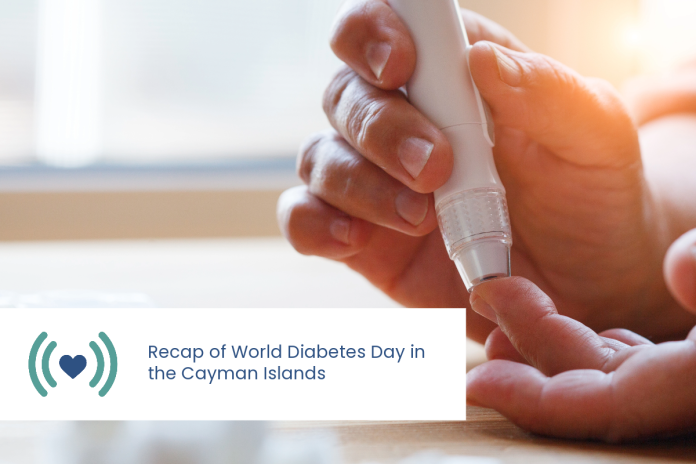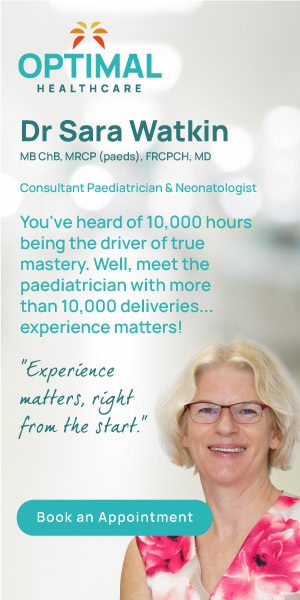World Diabetes Day falls on the 14th November each year. Every year on the 14th since 1991, people all across the world have come together to raise awareness and increase education about diabetes, preventative measures and management. Earlier this week, many of the healthcare services and organisations in the Cayman Islands observed World Diabetes Day with the sharing of resources, key facts and showcasing their support to those in the community with this disease.
In this article, we offer an overview of diabetes, signs and symptoms along with a recap of some of the resources and screenings available in the Cayman Islands for diabetes.
Types of Diabetes & Symptoms
The World Health Organisation (WHO) defines diabetes as “…a chronic disease that occurs either when the pancreas does not produce enough insulin or when the body cannot effectively use the insulin it produces.”. Insulin is a hormone made in your pancreas that help with blood glucose management.
There are different forms of diabetes. These include:
- Type 1 Diabetes: Where a person’s pancreas produces an insufficient level of insulin. Unfortunately, there is no known cure as yet for this. Individuals with Type 1 must administer insulin daily to help manage their blood glucose level to survive. Some of the symptoms of Type 1 include: unexplained weight loss, frequently feeling thirsty, fatigue, constantly urinating or feeling like you need to and vision problems. Type 1 Diabetes may appear at any age however it’s most common in children.
- Type 2 Diabetes: This impacts how your body utilises glucose to provide energy. It impacts the insulin hormone from being able to effectively manage the blood glucose. As insulin is not able to be utilized properly in the body, a common occurrence in those with the disease is where their blood sugar raises significantly to an unhealthy level if it’s not managed, which can have negative impacts for other organs and systems in the body. Unlike Type 1, Type 2 Diabetes is mostly preventable with proper diet and exercise helping to enable regular insulin production and control blood glucose levels. There are some instances where there are genetic predispositions to type 2 diabetes such as family history. Some of the symptoms of Type 2 include: cuts and wounds that take longer to heal, frequent urination, fatigue, pins and needles/tingling in hands and feet, infections that come back.
- Gestational Diabetes: This is where the blood glucose levels are high during pregnancy; similar form of diabetes to Type 2. However, they will usually return to normal levels after giving birth. There can be some complications such as high blood pressure or baby being born at a heavier weight. Like those with type 2, good diet, exercise (within reason for pregnancy) and medication in some cases can help reduce the risk of complications. Some of the symptoms of Gestational Diabetes include: nausea, reoccurring infections, blurry vision, increased need to urinate and/or drink fluids.
Resources, Screenings & Support
In the Cayman Islands, most GPs and hospitals on island offer diabetes screenings and general checkups for anyone who may want to address any symptoms or concerns. For a full list of GPs and to learn more about what they offer click here. They also have a list for endocrinologists on island here.
HSA have now started running twice weekly Diabetes Education Sessions at their General Practice Clinic on Smith Road Centre to help offer some general information and advice on how to manage diabetes and preventative measures for those at risk.
Cayman also has a Diabetes Association which offer support, information and resources for diabetes in the Cayman Islands.
Overall, it is evident, that screening and early diagnosis is vital on World Diabetes Day and beyond. Recent studies done in the Cayman Islands have shown that 1 in 59 people are discovering they have diabetes for the first time. We encourage those that have any concerns, questions or struggles to reach out. Remember you’re not alone.




